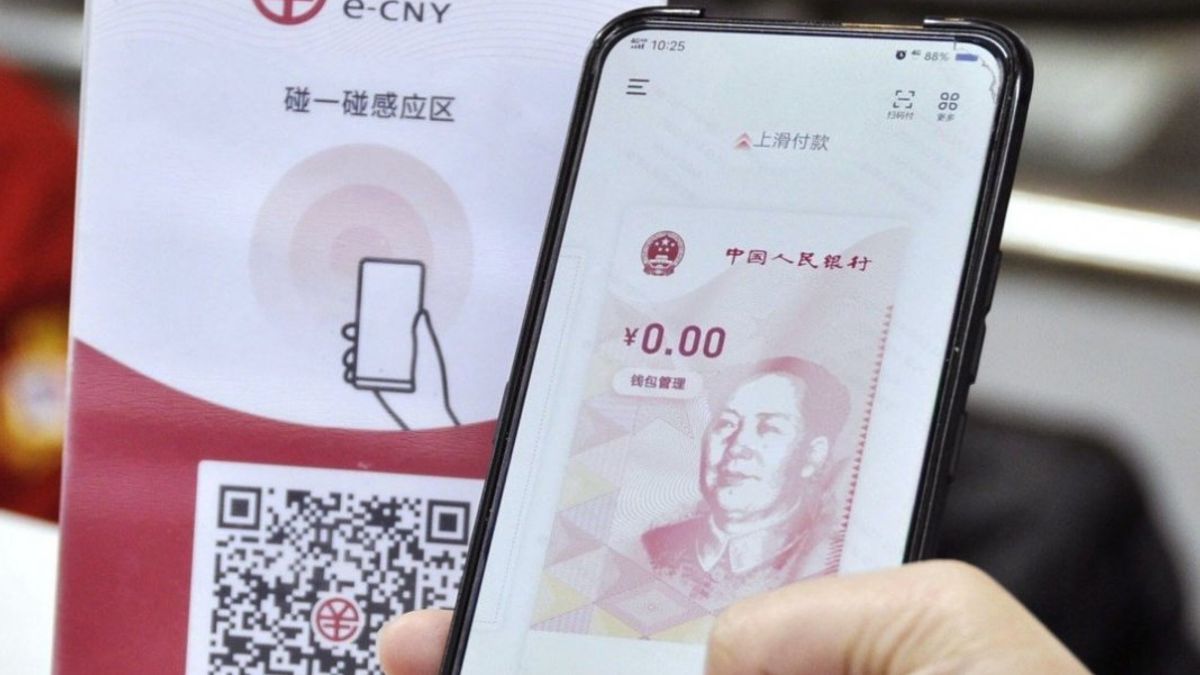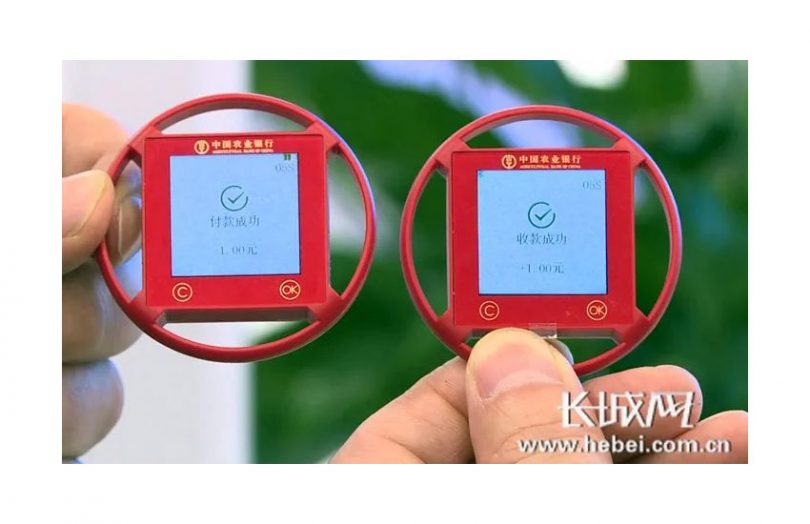
The decentralized nature of cryptocurrencies raises fears and concerns in China losing control of the money supply and the ability to track the transactions. Therefore, China moved to control the data available directly to the government. A regulatory crack down on technology firms, statement by Chinese state authorities on data security and financial risks suggest that Beijing has a growing interest in central bank digital currencies and financial technology. And there is a good underlying reason for it.
YOUTUBE


China might be a closed box in some cases but China has been following the technology advancement to add value to its economy. And one of them is the area of money circulations. PBOC (People Bank of China) estimates that the 59% of the total value of transaction is conducted via mobile payment platforms where as 23% were conducted by debit card during 2019. Private platforms like WeChatPay and Alipay accounted more than 90% of these digital payments. The mobile payment platforms hold between $35 to $52 trillion dollar transaction in China which is around 3 times of China’s GDP. An estimated 1.2 billion of Chinese used these platforms. As the global economy develops and China gets integrated, the banks did not focus on retail or consumer services but private companies did. As China gets richer, the volume of transaction and its value in relation increase by time. It holds a great weight in transaction. As China gets more digitalized, it starts growing concerning on controlling those activities.
The digital economy and tech sector is at the center of economic future of China. Beijing wants to ensure that it has the levers to monitor, collect information and manage key aspects of the digital payment system. Therefore, PBOC intends to use e-yuan which is now under current pilot program. This would enable Chinese government to scale up its surveillance of financial flows across the economy.
Moreover, China thinks that e-currency is future. And they want to be the leader of this technology. Although e-yuan is for domestic retail sector for now, China wants to expand it in order to replace the international payment mechanism like SWIFT. Whether it is desired or not, elderly population will approach it with hesitation. Therefore, there will be transition period from now and future but eventually e-yuan will be dominant the retail industry and likely in Chinese financial industry. E-yuan also gives China to monitor the money laundry activities and other illicit financial act cities.
E-yuan will take place in China. It is just a matter of time but not a question. And if China can implement it successfully in its retail market, it is likely to see e-yuan working during recent decade.


